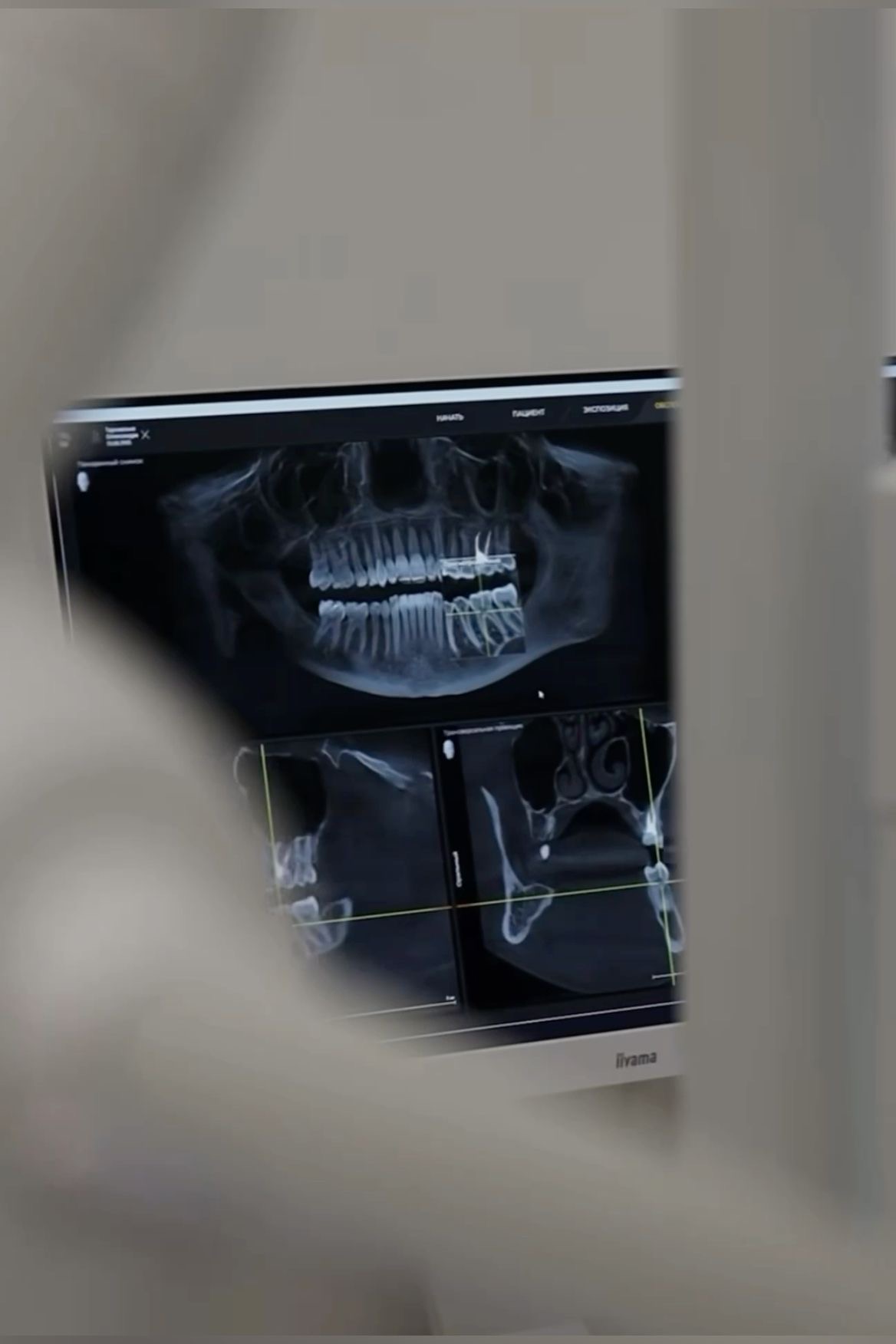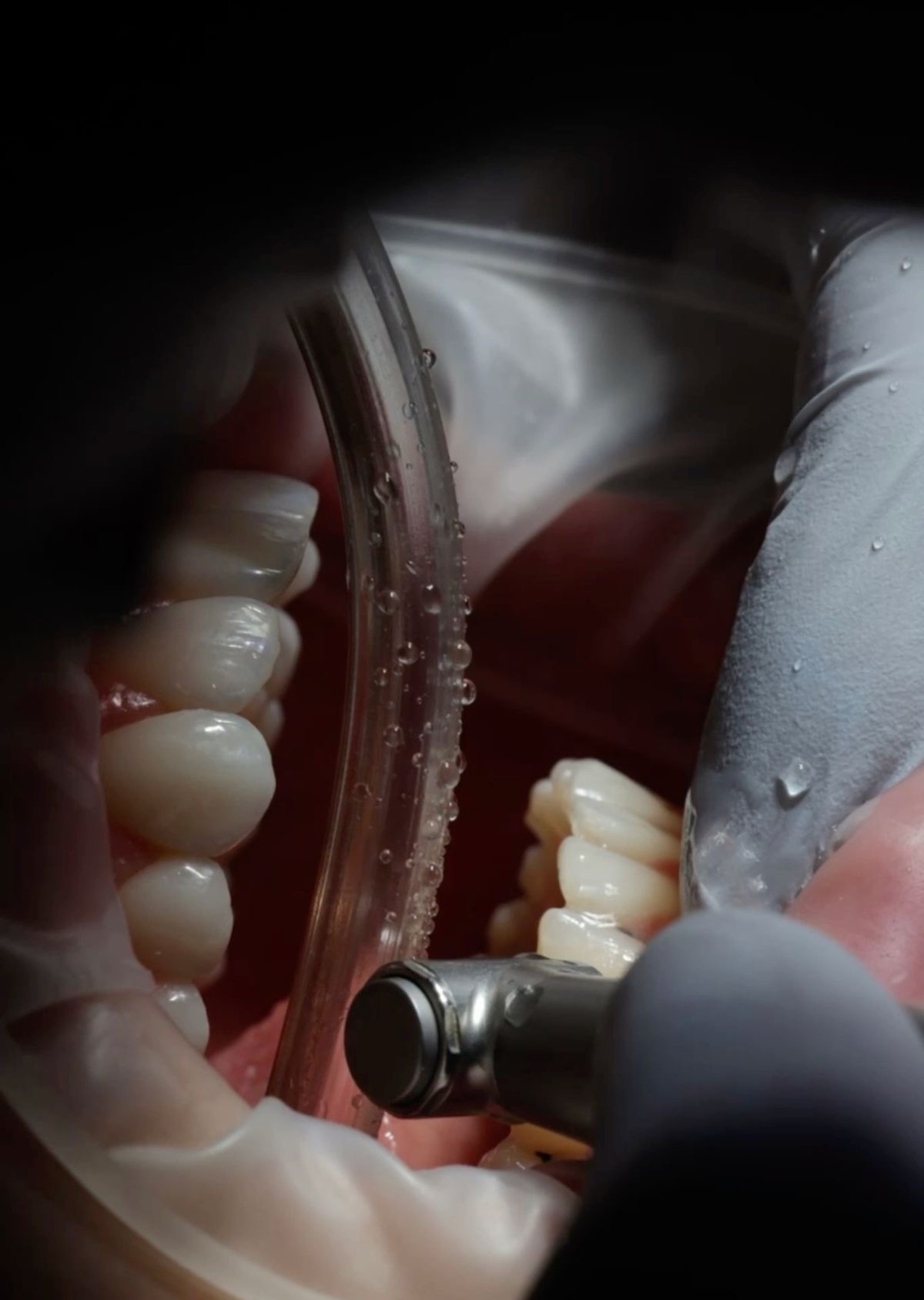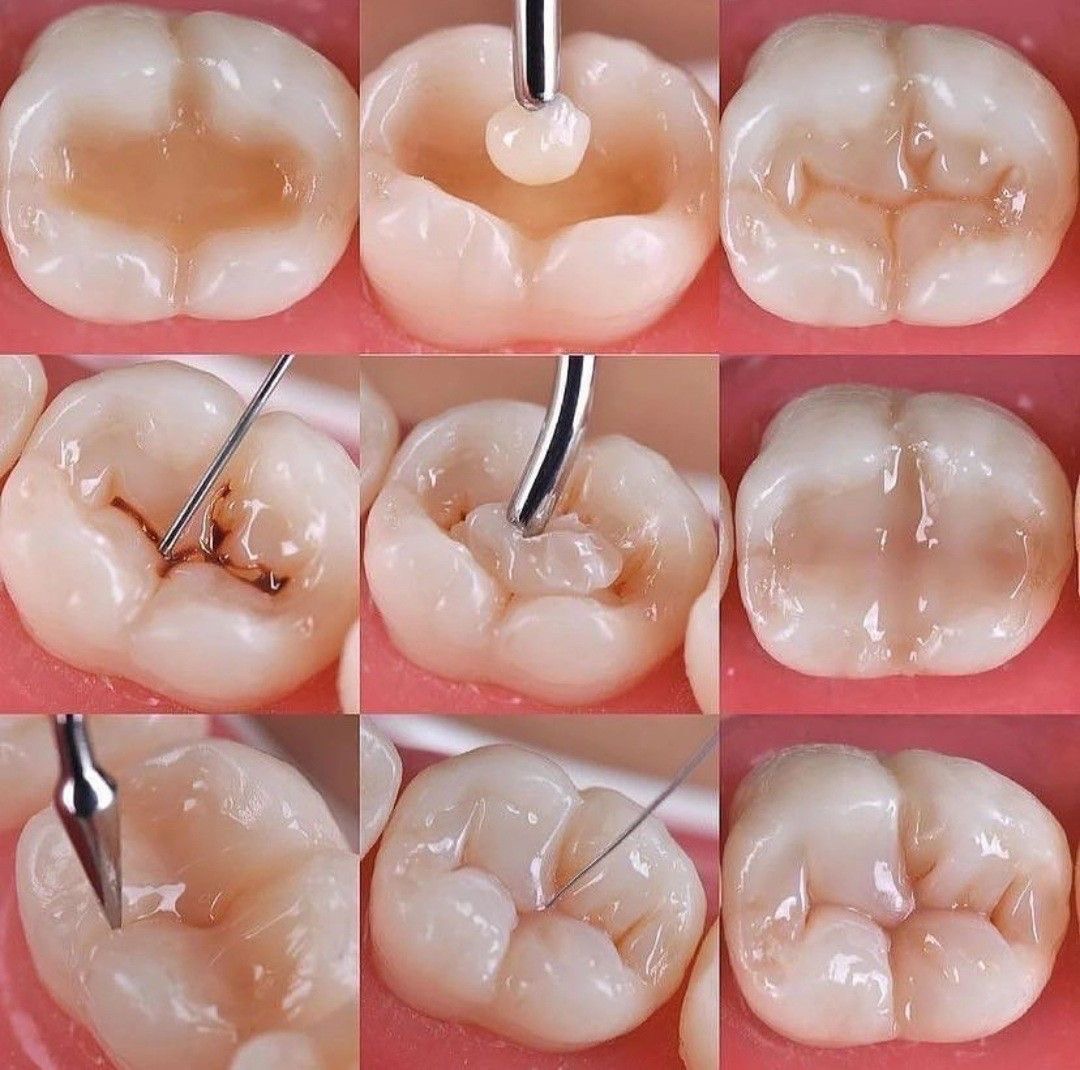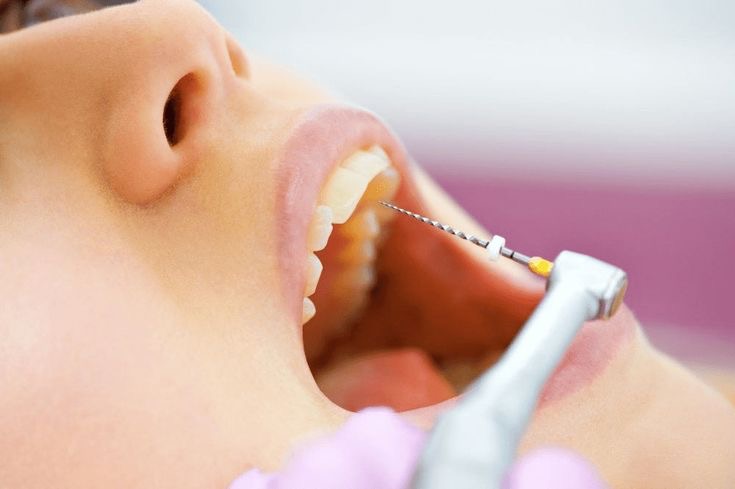Comprehensive General Dentistry Services in Dubai: Your Path to Optimal Oral Health

Professional Routine Dental Check-ups: Prevention Through Expert Care
At our Dubai dental clinic, we believe in the power of preventive care through comprehensive dental check-ups. These essential appointments serve as your first line of defense against oral health issues, combining thorough examination with professional expertise to maintain your dental wellbeing. Our experienced dentists utilize advanced diagnostic technology to detect potential problems early, saving you time, discomfort, and expenses in the long run.
During your bi-annual check-up, we perform a methodical examination that goes far beyond basic observation. Our dental specialists employ digital imaging technology to assess your oral health at a deeper level, examining not just visible surfaces but also the hidden aspects of your dental structure. This comprehensive approach allows us to identify early signs of decay, gum disease, or other oral health concerns before they develop into more serious conditions.
Your check-up experience includes an oral cancer screening, evaluation of existing dental work, and assessment of your bite alignment. We also take time to understand your oral hygiene routine, offering personalized guidance for maintaining optimal dental health between visits. For our Dubai patients, we provide multilingual support and flexible scheduling to ensure regular dental care fits seamlessly into your busy lifestyle.

Advanced Scaling and Polishing: Professional Dental Cleaning
Experience the transformative effects of professional dental cleaning at our state-of-the-art Dubai clinic. Our scaling and polishing service goes beyond regular brushing and flossing, utilizing advanced ultrasonic technology to remove stubborn plaque and tartar buildup. This essential treatment helps prevent gum disease, maintain fresh breath, and preserve your natural smile's brightness.
Our professional cleaning process begins with an ultrasonic scaling procedure that efficiently removes calcified deposits from your teeth, including areas that are difficult to reach through regular home care. The high-frequency vibrations break down tough tartar while being gentle on your tooth enamel. Following scaling, we perform precise polishing using specialized rotary instruments and polishing paste, creating a smooth surface that resists future plaque accumulation.
For stubborn stains and persistent plaque, our Dubai clinic employs state-of-the-art Airflow technology, representing the latest advancement in dental cleaning. This revolutionary system combines water, compressed air, and fine powder particles to deliver a powerful yet gentle cleaning experience. The Airflow treatment effectively removes surface stains caused by coffee, tea, tobacco, and wine, while also eliminating biofilm and plaque from hard-to-reach areas. Unlike traditional cleaning methods, Airflow is exceptionally gentle on your teeth and gums, making it ideal for patients with sensitive teeth or gum issues. This advanced technology is particularly effective for cleaning around orthodontic appliances, dental implants, and complex restorations where traditional methods might be less effective. The procedure is quick, comfortable, and leaves your teeth feeling exceptionally clean and smooth, with noticeably brighter results after just one session.
The benefits extend beyond immediate cleanliness – regular professional cleaning helps prevent periodontal disease, reduces the risk of systemic health issues linked to poor oral hygiene, and maintains the aesthetics of your smile. Our Dubai expert dentists provide detailed advice on maintaining these results at home, ensuring lasting benefits from each cleaning session.

Modern Dental Fillings: Aesthetic Restoration Solutions
Our Dubai clinic specializes in advanced dental filling procedures that restore both function and aesthetics to damaged teeth. Using the latest composite materials and bonding techniques, we provide natural-looking restorations that blend seamlessly with your existing teeth. Our approach focuses on preserving maximum tooth structure while ensuring long-lasting protection against further decay.
The filling process begins with a thorough examination using intraoral cameras to assess the extent of decay or damage. We employ precision micro-dentistry techniques to remove only the affected tooth structure, preserving healthy tissue. The chosen filling material is carefully selected based on the location of the cavity, bite forces, and aesthetic requirements. For visible teeth, we use advanced composite resins that match your natural tooth color perfectly.
Our expertise in modern filling techniques ensures optimal bonding strength and minimal post-procedure sensitivity. We utilize LED curing technology to achieve maximum hardening of the filling material, providing immediate functionality and long-term durability.

Advanced Root Canal Treatment: Modern Endodontic Care
Experience painless root canal therapy at our Dubai dental center, where we combine advanced endodontic techniques with superior comfort management. Our root canal treatments utilize rotary instrumentation to ensure thorough cleaning of infected canals while preserving maximum tooth structure.
The procedure begins with comprehensive 3D imaging to map the exact anatomy of your root canals, allowing for precise treatment planning. Using electronic apex locators and advanced irrigation systems, we ensure complete disinfection of the canal system. Our specialist dentists employ microsurgical instruments and biocompatible filling materials to seal the canals effectively, preventing future bacterial invasion.
Post-treatment care includes detailed monitoring of your healing progress and recommendations for final restoration, typically involving a custom crown to ensure long-term protection and functionality of the treated tooth. Our success rates in root canal therapy exceed international standards, thanks to our investment in advanced technology and continuous professional development.
